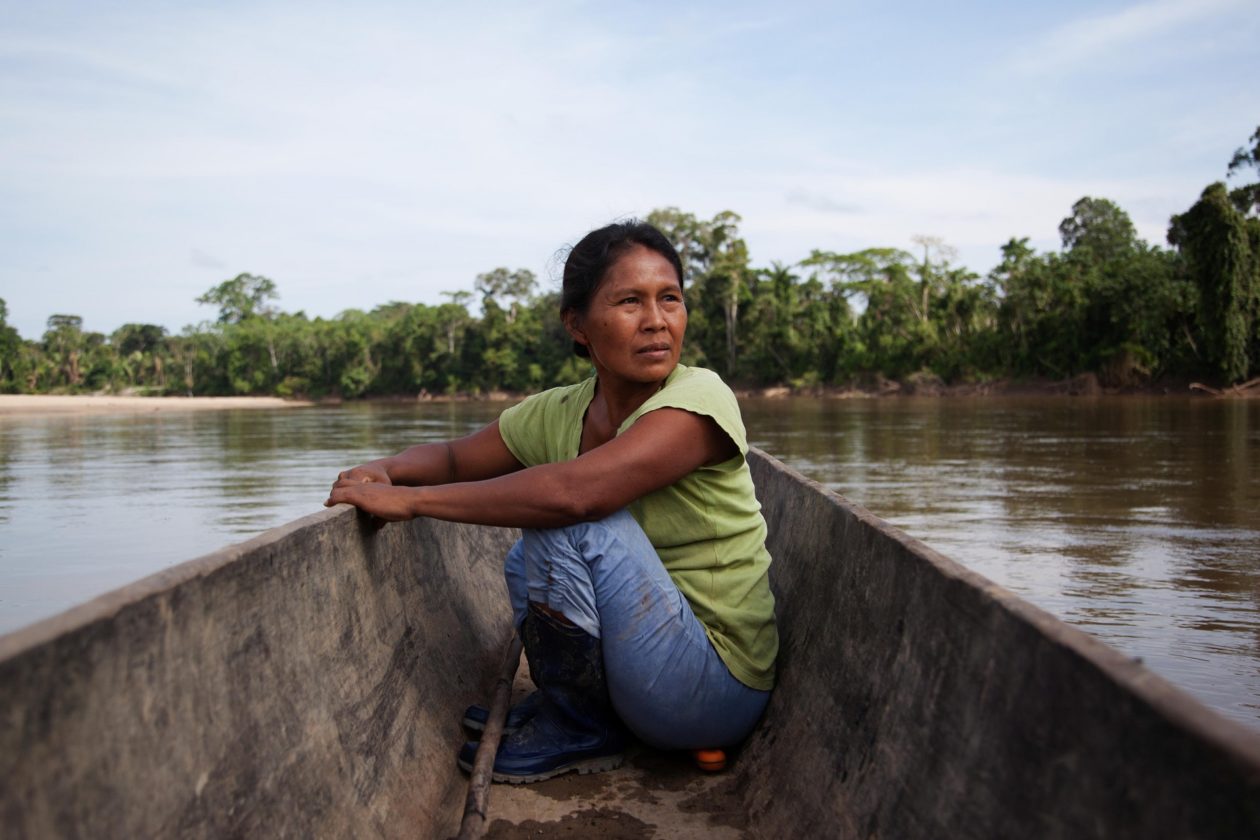
In October 2019, the President of Ecuador, Lenín Moreno, struck a deal with Indigenous protestors and cancelled an economic austerity package that raised the cost of fuel, which led to 11 days of protests and 7 deaths. The package was a program called Decree 883 and was backed by the International Monetary Fund, created in an effort to help balance Ecuador’s finances.
However, for the Indigenous, who make up 40% of Ecuador’s population, Decree 883 was just another reanimation of an extraction agenda imposed by the IMF and the Ecuadorian government to pay off debts at the expense of the local people and planet.
The Indigenous movement in Ecuador is strong, and has led to the downfall of three modern presidents. In a country rich in natural resources, including oil and mined minerals such as copper, there is a deep history of extraction to fuel the staggering economy. But more extraction is exactly what the Indigenous communities across Ecuador are fighting against. For decades, the local people have aimed to protect their rights to land, clean air, water, and soil in the face of extensive oil spills and complete disregard for their traditional way of life.
At Global Greengrants Fund, we know that Indigenous rights to land and resources are a long-term investment in the environment. That’s why we’ve stood by Indigenous communities in the Amazon since the very beginning. The decision in October is just one moment in a history of solidarity and strength in Ecuador. Here are just a few examples of the work of the Ecuadorian Indigenous to protect the planet.
- How Ecuador’s Sarayuku Kept Big Oil Out: When the Ecuadorian government allowed a foreign company to begin prospecting lands near the Indigenous Sarayaku community for oil, the community took action and turned to international law. Their efforts paid off when the Inter-American Court on Human Rights ruled that the government had violated the community’s right to free, prior, and informed consent.
- Ecuador Chooses Oil Over Biodiversity: On May 22, 2014, International Biodiversity Day, the government of Ecuador decided to celebrate by issuing permits to drill for oil in what is likely the most biodiverse place on Earth, Yasuní National Park.
- Inside the Struggle for Ecuador’s Cordillera del Condor: For the Shuar People, the thousands of waterfalls, streams, and springs in the Cordillera del Condor are sacred places and the source of healing, spiritual renewal, and life itself. But this pristine beauty, natural bounty, and biological and cultural diversity are gravely threatened by a series of large-scale gold and copper mines that are being developed along the spine of the Condor range. Global Greengrants Fund has helped Shuar and other Indigenous communities, including the Centro Shuar Kumpiamais, organize so that they may confront these threats.
- Big Wins in the Fight Against Oil in Ecuador: In July 2018, Ecuador’s Constitutional Court made a unanimous decision to reject Chevron’s final appeal of a $9.5 billion pollution judgment that found the company guilty of deliberately dumping billions of gallons of toxic oil waste into the Amazon rainforest. Global Greengrants Fund has given many grants over the years to the campaign to keep oil out of this region, including to two groups, Yasunidos and Accion Ecologica.
While corporate giants and presidents may still see the potential for the extraction of oil and minerals in Ecuador, it’s clear that the Indigenous people who call the rainforests and mountains of Ecuador home are not backing down in the fight to protect their native lands. Here at Global Greengrants Fund, we continue to stand with them.
Want to support the work of Indigenous activists in Ecuador, and worldwide? Make a gift today.
Photo credit: Felipe Jacome
